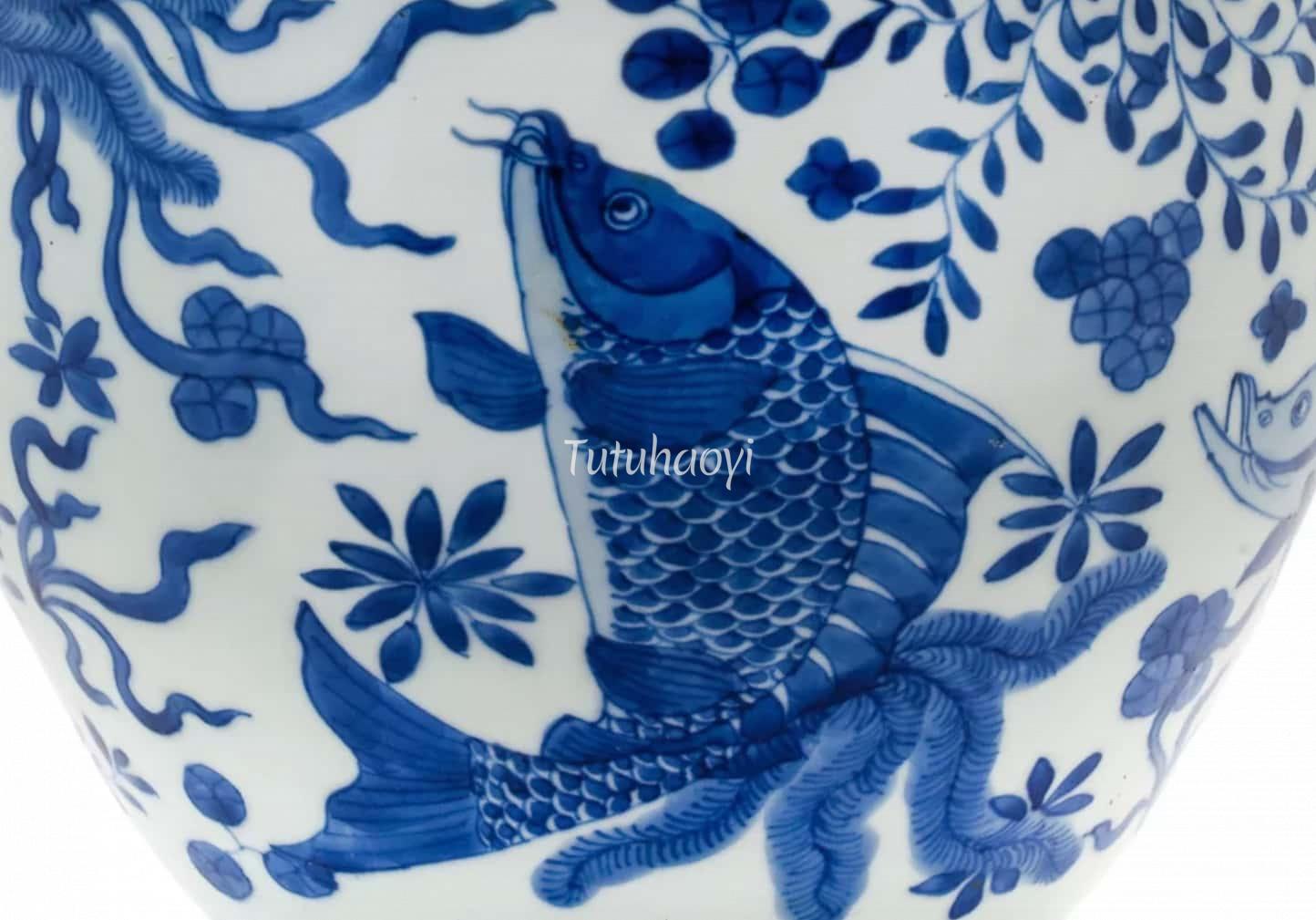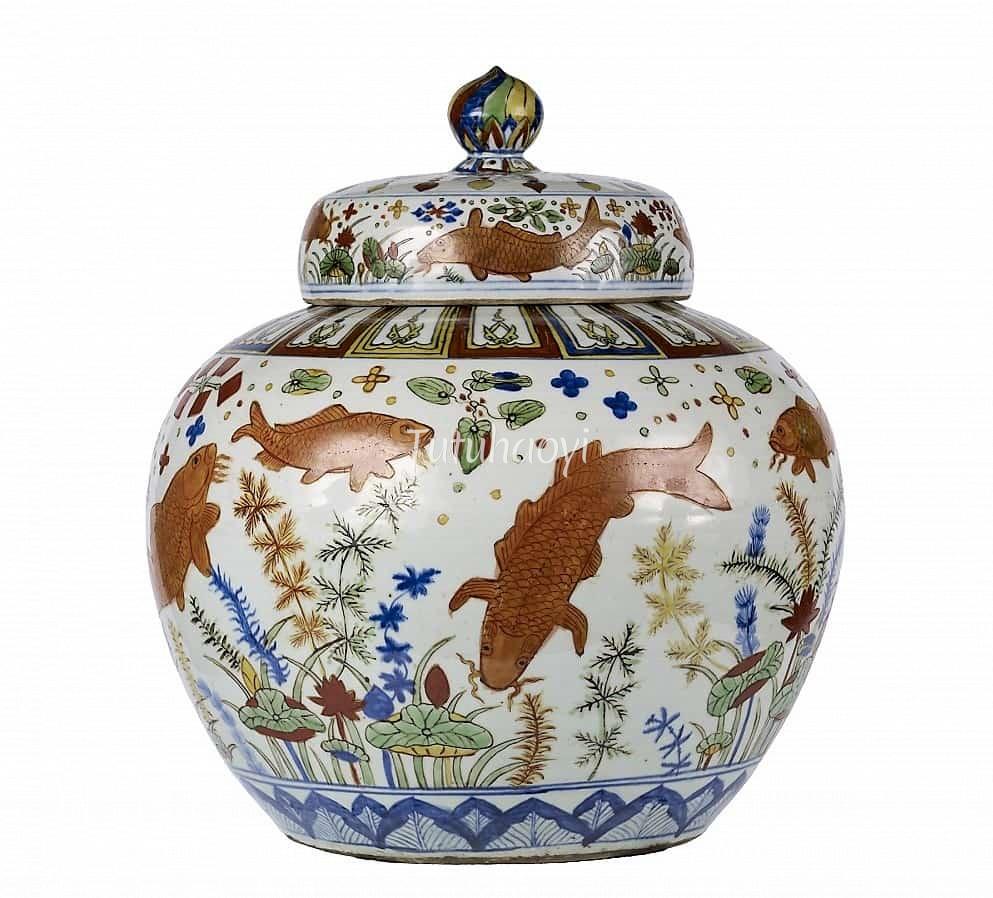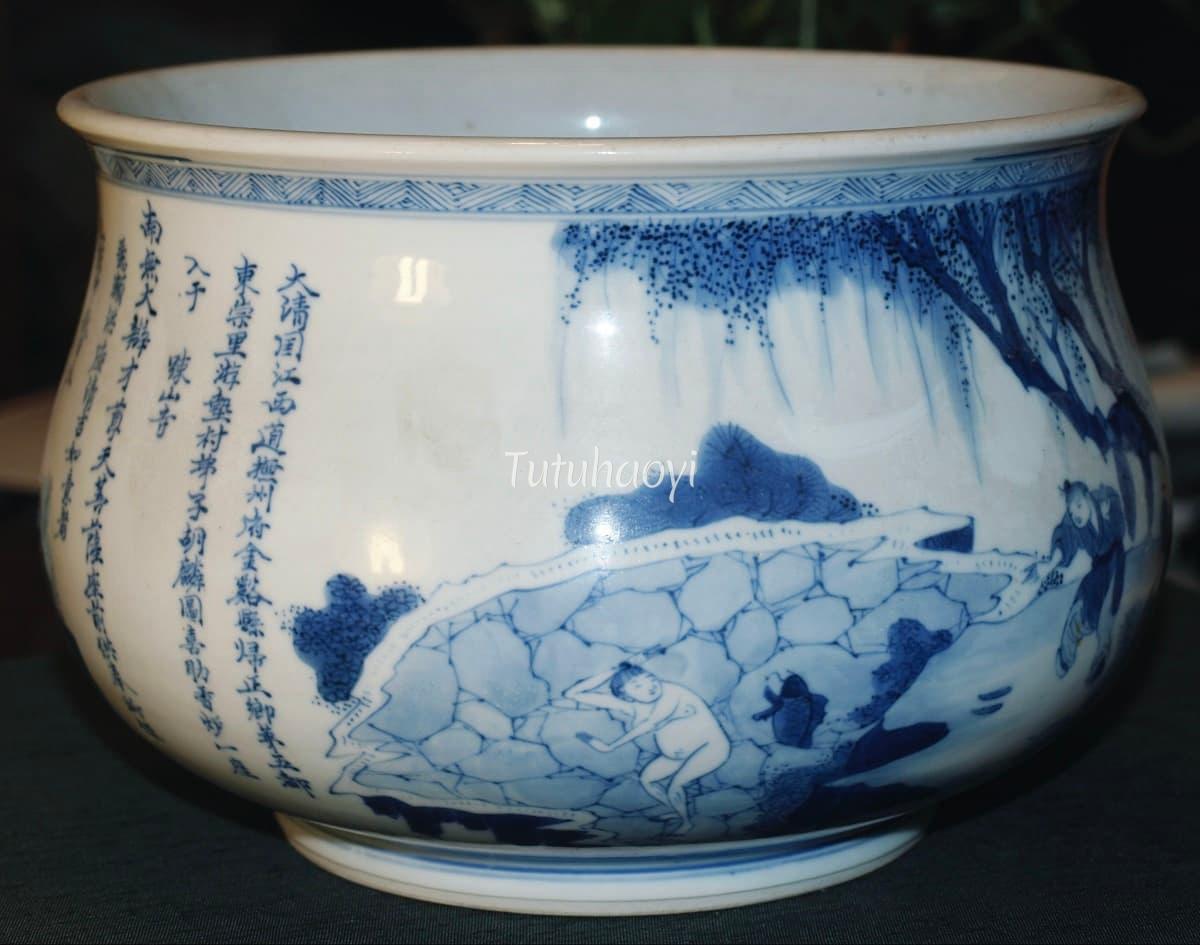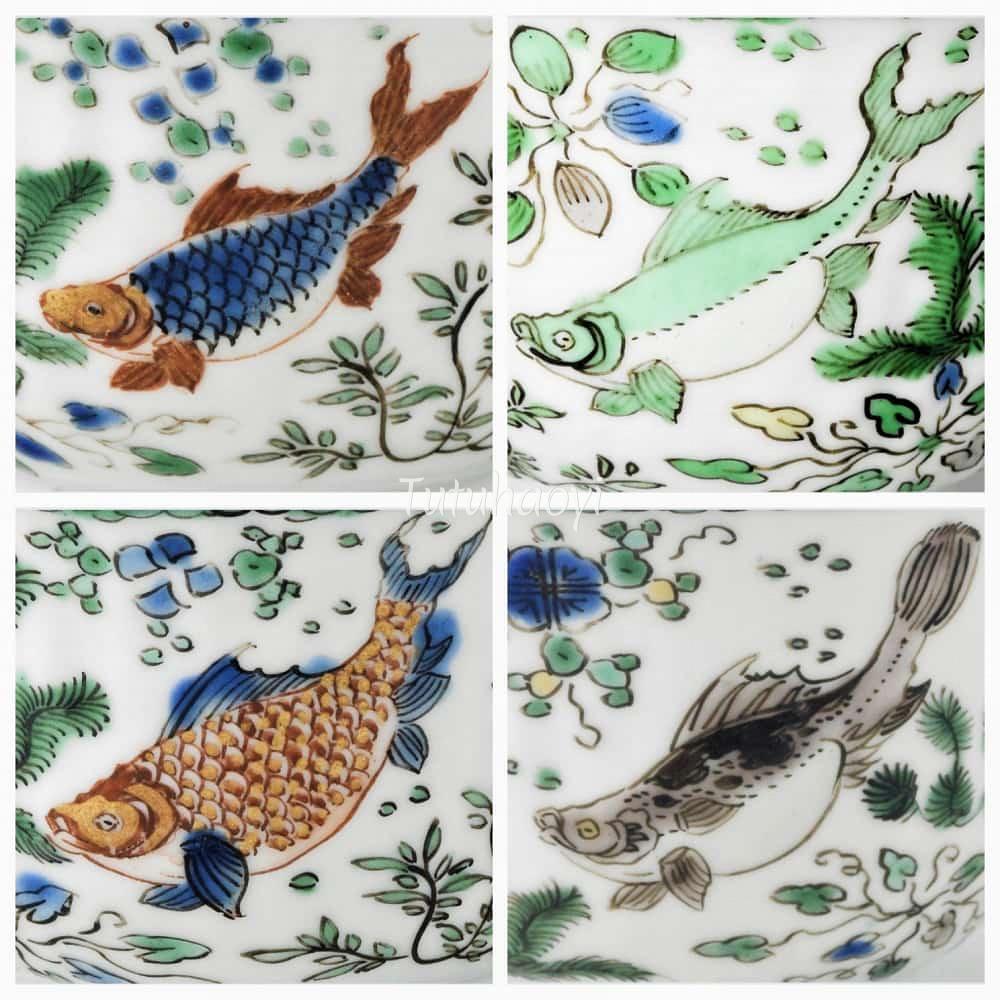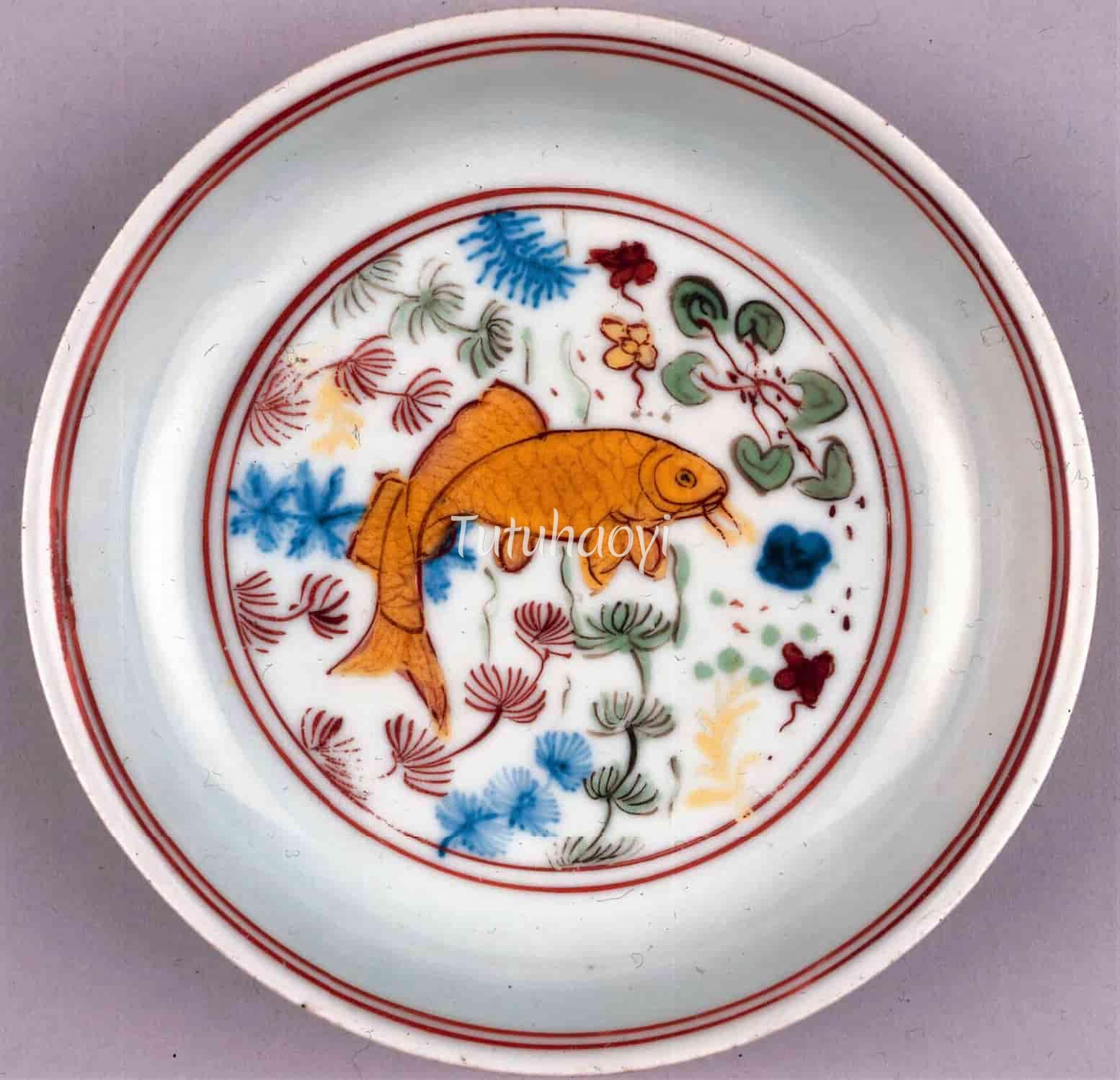Showing Results Containing
Many museums and auction houses are often unaware of the pun rebuses hidden in traditional Chinese pictures and have treated them as mere naturalistic ones. Thus, the cultural and social significance contained in the motifs are unfortunately overl...
Have you wondered why you often see an image of a man lying or ‘dancing’ beside a large fish on Chinese antiques? Is it referring to some figure and story in ancient China? Here is Dr Yibin Ni explaining to us the meaning of this touching story th...
Fish (鱼 yu) puns with the word yu 余 meaning ‘abundance’, therefore it symbolises wealth and prosperity. Continue Reading
Wang Xiang (王祥 185–269) served as the Grand Protector (taibao 太保) in the Western Jin court (西晋 265–316 CE) and, as a significant politician, has his biography in the Book of Jin (jinshu 晋书), an official historical text covering the dynasty’s history. When Wang Xiang was a boy, his mother passed away. Hi...
A gathering of four distinctively different fishes can be read as a pun rebus design expressing an admonishing message ‘qing bai lian jie 清白廉洁’, which literally means ‘pur...
A fish is an ancient symbol of material prosperity and fertility in China, both because it puns with another word yu 余 meaning ‘abundance’, and because of the...
